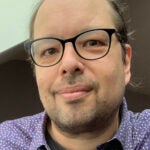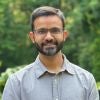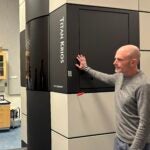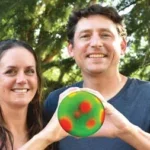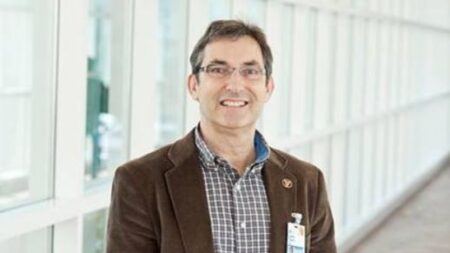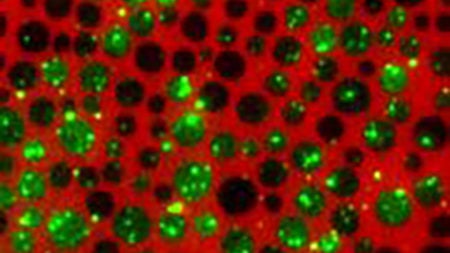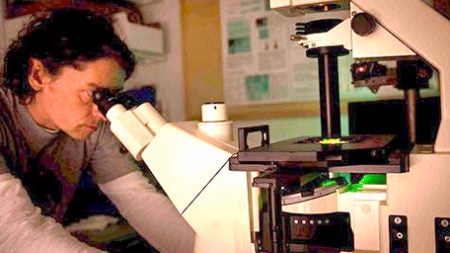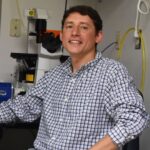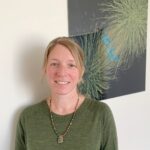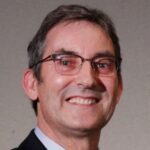Six primary labs are associated with the Center for Membrane and Cell Physiology, each seeking a deeper understanding of cell and membrane physiology:
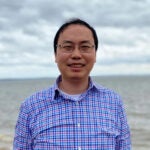 Ai Lab – Developing novel molecular probes to peer into cells and brains to understand their communications.
Ai Lab – Developing novel molecular probes to peer into cells and brains to understand their communications.
Ebrahim Lab – Studying Cytoskeletal architecture, dynamics and roles in cellular physiology and disease; High-resolution live cell and tissue imaging.
– Studying Cytoskeletal architecture, dynamics and roles in cellular physiology and disease; High-resolution live cell and tissue imaging.
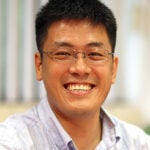 Gan Lab – Investigating the 3-D macromolecular basis of gene regulation in eukaryotic cells.
Gan Lab – Investigating the 3-D macromolecular basis of gene regulation in eukaryotic cells.
Kenworthy Lab – Examining the role of membrane microdomains such as lipid rafts and caveolae in health and disease and the role of intracellular protein dynamics and complex formation in autophagy.
– Examining the role of membrane microdomains such as lipid rafts and caveolae in health and disease and the role of intracellular protein dynamics and complex formation in autophagy.


